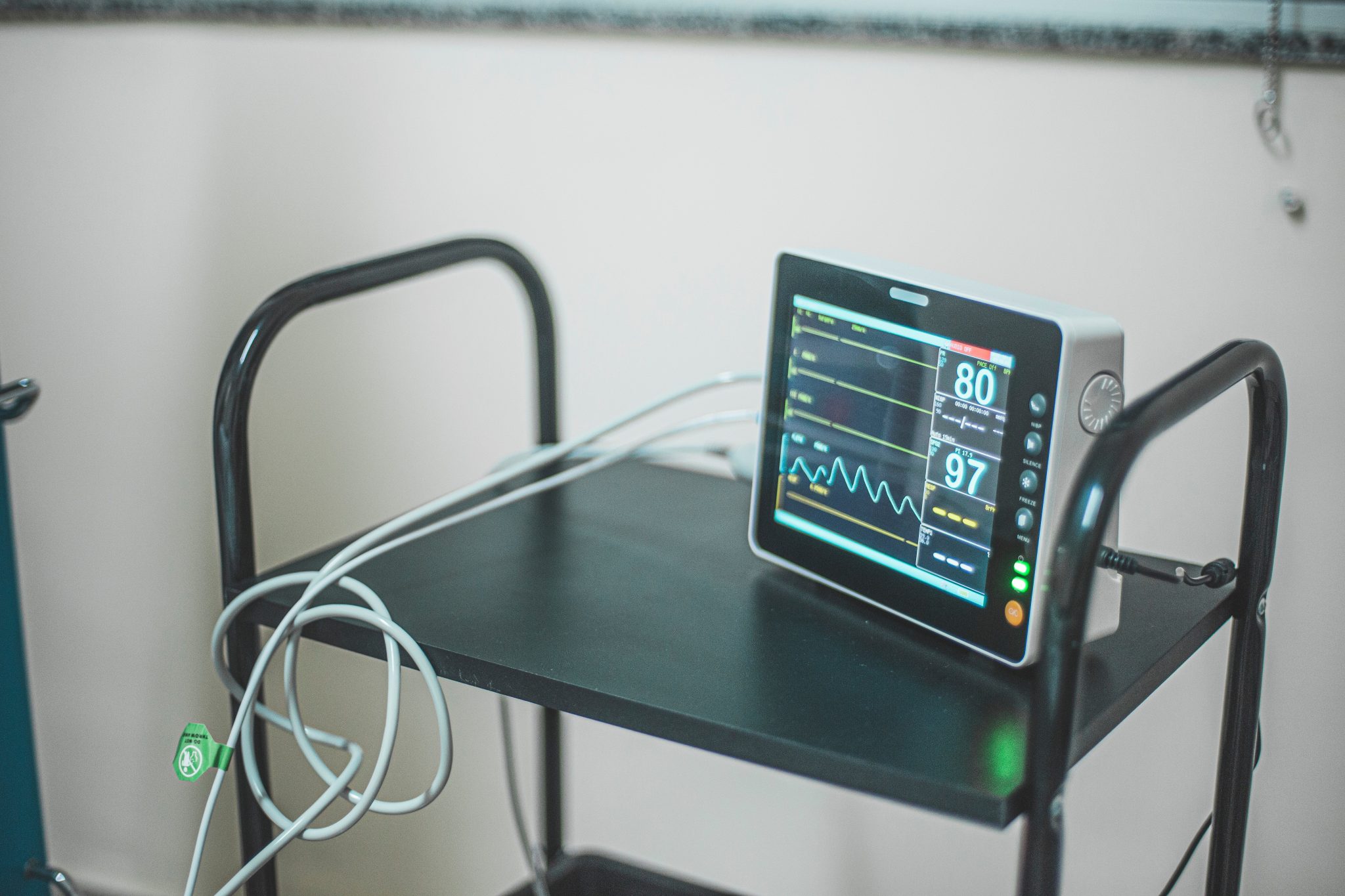Why Does Pregnancy Increase The Risk Of Vein Disease?
Pregnancy is usually good news to many families, and a pregnant woman knows quite alright that her body won’t remain the same. You will gain more weight, feel dizzier, and have lesser energy. Many pregnant women are prepared for these changes, but not many prepare for vein disease. Unfortunately, one out of every three pregnant American women will suffer vein disease. What is responsible for this, or why does pregnancy increase the risk of vein disease? First, let’s discuss what vein disease is.
What Is Vein Disease
Veins are the blood vessels that return blood to the heart. Blood flows from the heart to the body through the arteries and returns to the heart through the veins. Therefore, the blood flow in the veins takes only one direction – towards the heart. Any problem with the vein will affect how the blood flows and lead to various diseases regarded as vein disease. Common vein disease includes:
- Deep Vein Thrombosis: Deep vein thrombosis or DVT occurs when blood fails to move towards the heart because of the clot in a vein found deep in the body. Deep veins include the veins of the legs and arms.
- Varicose Vein: Varicose veins occur when the veins in the legs abnormally dilate, usually caused by the pooling of the blood in the veins. If the blood fails to move from the leg to the heart, it will start collecting in the vein, leading to the enlargement of the vein. The varicose vein can be painful, swollen, and colored.
- Chronic Venous Insufficiency: This happens when the blood fails to flow from the leg upward to the heart and pools in the leg leading to swelling, itching, pains, and discoloration of the leg. DVT or varicose veins usually cause venous insufficiency.
- Ulcers: Ulcer occurs when there is an open sore that fails to heal. It is regarded as a venous stasis ulcer if it occurs in the leg.
- Other Blood Clots: Aside from DVT, blood clots can also occur in any other part of the body due to the failure of the vein to push the blood towards the heart. The blood clot can be found in the brain, lungs, intestines, and almost all internal organs.
What Causes Vein Disease
Vein disease occurs when the vein fails to transport blood back to the heart. Varicose veins are common in the leg. As you know, the leg is located below the heart, and to push blood up from the leg to the heart, it will be working against gravity. There are valves in the veins that prevent the backward flow of the blood. However, many reasons can make these valves not function properly. This will make blood start pooling in the vein, making the vein dilate.
Deep Vein Thrombosis is caused by a blood clot which may be due to injury to the vein, sitting or standing in one position for a long time, damage to a blood vessel during surgery, or taking certain medications.
How Pregnancy Increases The Risk Of Vein Disease
When you are pregnant, you are at a higher risk of varicose veins. There are many reasons for this. The first obvious reason is the fact that pregnancy requires higher blood flow. More materials need to be transported around your body, especially for the sake of your baby. This puts more pressure on the blood vessels. As the valves in the veins get more burdensome, they have a higher risk of getting weak and not functioning properly.
As discussed earlier, failure to function or malfunctioning of these valves may lead to varicose veins and venous insufficiency. But the increase in blood volume is not the only reason vein valves can get weakened. Even hormones can weaken them.
Hormones are secreted by the body for different reasons. In the case of a pregnant woman, progesterone is needed to keep the pregnancy in good condition. As much as progesterone is vital for a healthy pregnancy, it hurts blood valves. It also relaxes the blood veins.
Progesterone weakens the blood vein valves, which can hinder them from properly preventing the backward flow of the blood. Also, by making the walls of the vein relax, progesterone lowers the pressure in the veins, thereby reducing their ability to push blood up.
Also, pregnancy adds significant weight to your body. The increase in weight will affect the inferior vena cava, the vein that takes blood from the lower part of your body to the heart. All these can contribute to the failure of the vein to return blood to the heart and consequently the development of varicose veins.
Therefore if you are pregnant, you should expect a higher volume of blood to be transported in your body, weaken valves, relaxed veins, and a higher chance of varicose veins. Yet, there is still more vein disease for a pregnant woman to worry about.
Other Vein Problems Associated With Pregnancy
The moment you are pregnant, the body understands that you have more blood flowing and that delivery will lead to a lot of blood loss. To minimize blood loss, the level of blood clotting will increase. Unfortunately, this will also increase the risk of Deep Vein Thrombosis. The Centre for Disease Control claims that pregnancy increases the chance of blood clots five times. A blood clot in the leg may block the vein and prevents the upward flow of the blood to the heart. This may lead to chronic venous insufficiency, which consequently may cause venous stasis ulcers.
But that doesn’t mean there is nothing you can do about vein disease during pregnancy.
What Can You Do To Minimize Vein Disease Risk During Pregnancy?
If you are pregnant, the following practice can help you reduce the risk of developing vein disease:
- Increase your mobility: Walk as much as possible as this will help pump blood up from your legs towards the heart.
- Don’t Cross Your Legs: If you cross your legs, you will hinder blood flow in your legs and increase the pressure on your veins.
- Don’t Wear High Heels: Anything that will reduce the activities of the leg muscles should be avoided. Wearing high heels is among them.
- Avoid Gaining Too Much Weight: You cannot prevent weight gain during pregnancy but do not add weight rapidly to avoid putting pressure on your vena cava.
- Sleep on Your Left Side: If you sleep on your left side, blood will drain fast from your leg veins.
- Wear Compression Stockings: Compression stockings will apply pressure on your leg, preventing the veins from relaxing too much.
- Use Gravity to Drain Blood: You can raise your legs above your chest so that gravity can drain the blood in the vein.
Do You Need Help
The tips above are easy to do; however, the case may be more complicated in some women. If you need help, don’t hesitate to schedule an appointment with us. Our expert will be willing to assist you.
Summary
An increase in weight and the volume of blood during pregnancy usually put pressure on the veins. This invariably increases the risk of vein disease during pregnancy. Also, the body’s preparation for delivery and the increased secretion of progesterone during pregnancy add to the risk factor. Pregnant women normally have their blood clots faster, and progesterone weakens the vein valves. However, there are actions that a pregnant woman can take to reduce the risk of vein disease. These actions include increasing her mobility, sleeping on the left side, wearing compression stockings, and raising her legs above her chest.





